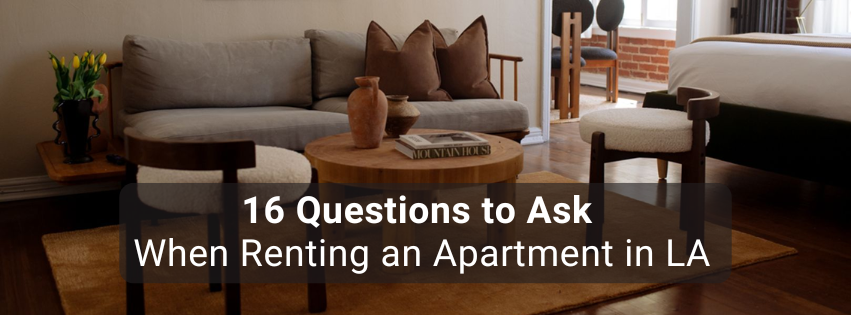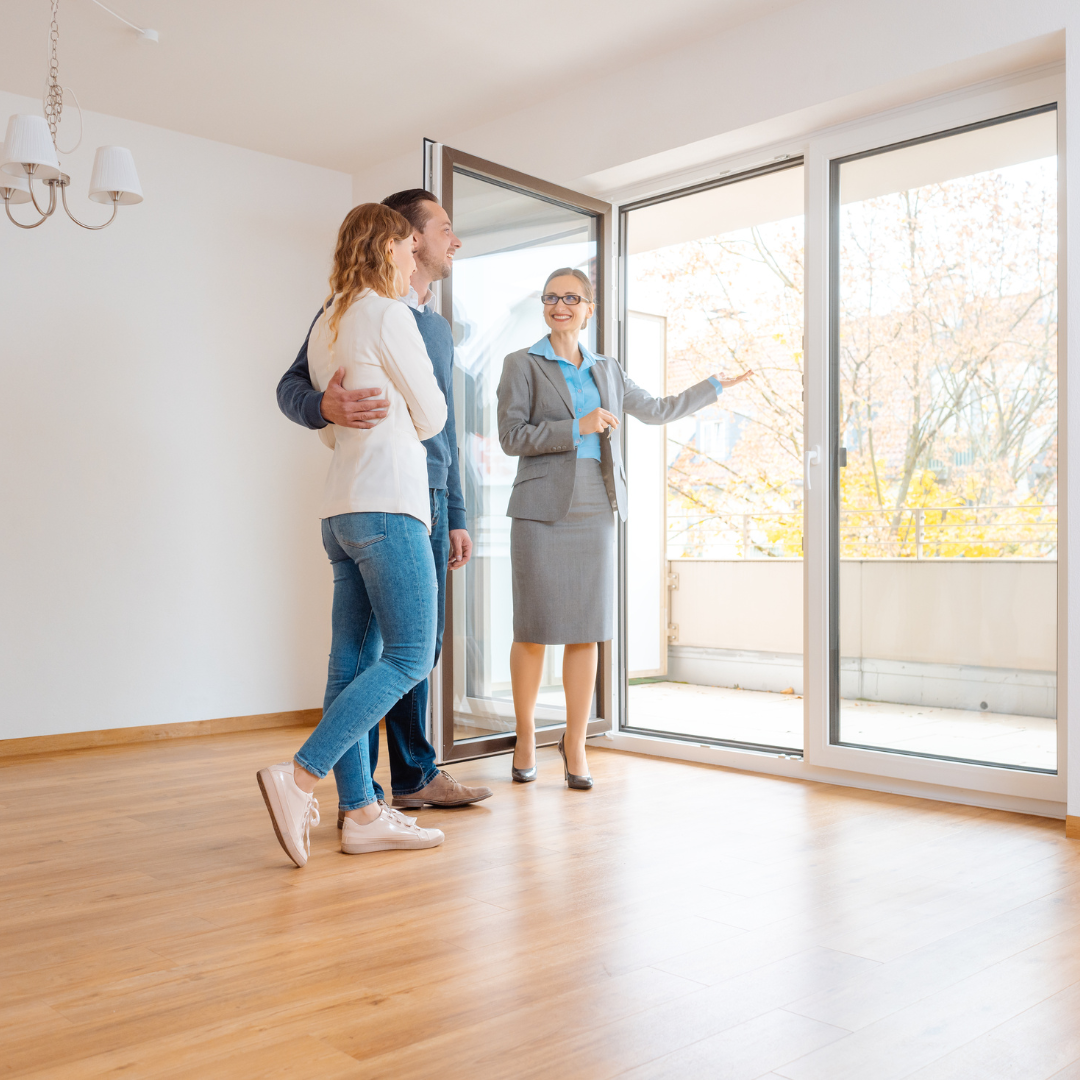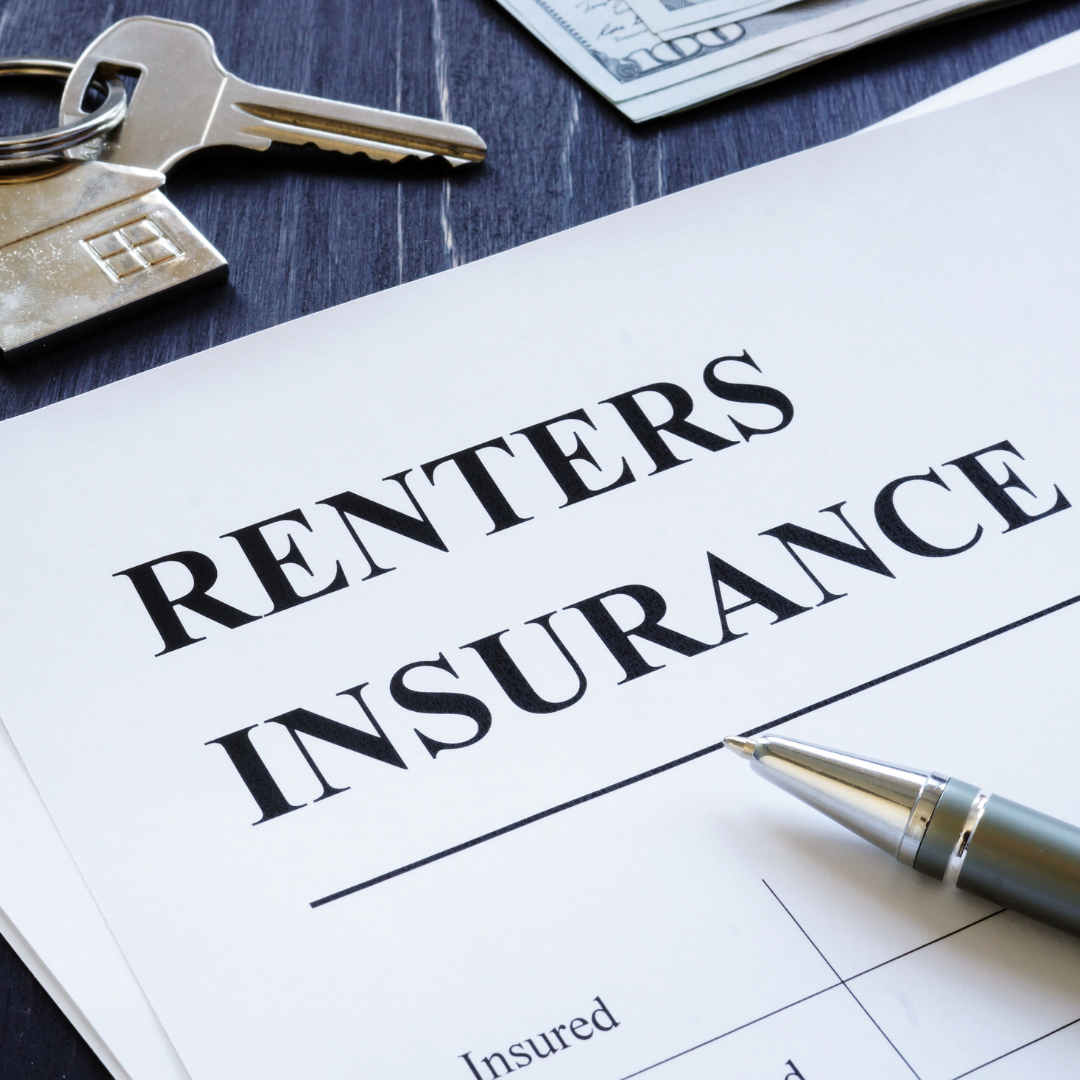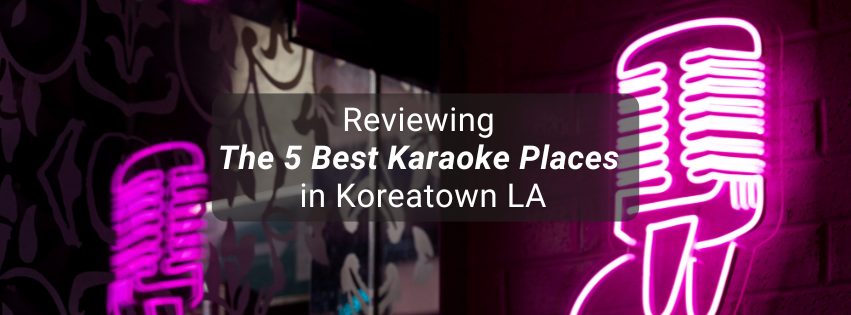Renting an apartment in Los Angeles can be a bucket list item checked, but also REALLY overwhelming. The city offers a diverse range of neighborhoods, each with its own unique character and amenities. But what are the questions to ask when
renting an apartment in LA to ensure you get the best unit possible?
Currently, there are over 18,000 rental properties available in Los Angeles, with prices ranging from around $1,300 to $4,500 per month for various types of apartments. This wide selection provides ample opportunities for prospective renters to find their ideal home.
Popular areas for apartment hunting include Hollywood, Koreatown, and Downtown LA, each offering different advantages in terms of location and amenities.
When searching for an apartment in LA, it's essential to consider factors such as proximity to work or school, access to public transportation, and local attractions. Many apartments in Los Angeles offer amenities like in-unit laundry, stainless steel appliances, and controlled access for added convenience and security.
By thoroughly researching options and visiting multiple properties, renters can find the perfect apartment to call home in the City of Angels.
Understanding the LA Rental Market
Average Rental Costs in LA
The Los Angeles rental market reflects the city's robust economy and high cost of living. The average rent for a one-bedroom apartment in Los Angeles is
$2,439, with median rents slightly lower at $2,351. These figures indicate a competitive market driven by strong demand.
Rental prices in Los Angeles have seen some fluctuation. The median rent price for August 2024 is
$2,795, which represents a decrease of $205 compared to August 2023. This slight cooling in the market may provide some relief for renters.
Housing options in Los Angeles range from modest apartments to luxury residences. Houses for rent in the city are considerably more expensive, with an average monthly cost of $5,000. This price difference highlights the premium placed on single-family homes in the area.
At Urban LA Living, we keep our apartments affordable.
Check our availability page to see our apartments.
Neighborhood Overviews
Los Angeles neighborhoods offer diverse experiences and
rental price points. Rampart Village is among the most affordable areas, with average one-bedroom apartment rents around $1,645.
Top 16 Questions to Ask When Renting an Apartment in LA
How much is the standard rent?
According to
recent market data, the average rent for apartments in Los Angeles is around
$2,164 per month. However, this is just a baseline amount. The final price can vary significantly depending on the location and unit type.
Here’s a quick breakdown of typical rental prices and unit sizes in LA:
- Studio: $1,700 / 454 sq. ft.
- 1-Bedroom Apartment: $2,164 / 612 sq. ft.
- 2-Bedroom Apartment: $3,000 / 895 sq. ft.
If you're planning on renting more inland and densely urbanized areas like Koreatown or the Hollywood Hills, expect to pay around
$2,470 to $2,750 per month. However, if you're looking near the coast or in upscale neighborhoods (e.g., Venice Beach or Downtown LA), monthly rent typically ranges from
$3,000 to $3,500+.
How much is the standard required income?
If you're concerned about rent hikes, check whether the unit falls under the city’s
Rent Stabilization Ordinance, which applies to buildings with certificates of occupancy issued before October 1, 1978, and certain units built after 2006.
What is included in the rent?
Specifically, you should ask what recurring bills you are responsible for and what amenities are included in the rent. The essential things to cover include safety, water pressure, parking (more on that later), and smaller details like available appliances.
Many LA landlords aren’t legally required to provide certain appliances, so it’s important to ask. Here are the five things you should always confirm 100%:
Why the A/C, you ask? If you’re renting more inland (e.g., around Koreatown or Hollywood), it would be ideal if the landlord provides a window or central A/C. Although LA typically has mild summers, heat waves often hit around September and October, and they can range from uncomfortable to extremely dangerous.
How is rent paid?
Three important questions to ask when renting an apartment are:
- When is rent due each month?
- How does the landlord prefer you to pay?
- What is their late payment policy?
Landlords have different preferences for payment methods, but most of them would happily accept checks, Zelle, or let you pay online through their preferred online payment platform.
If you ever find yourself in a situation where you may need to pay rent late, be sure to discuss the late fee policy upfront. It’s always better to pay rent on time, not only to avoid extra charges, but also to maintain a good rental reference in case you need to move out in the future.
Is renters’ insurance required?
How much is the security deposit?
The City of Los Angeles
changed security deposit laws in 2024, so make sure your potential landlord complies with the new law. Landlords are now only allowed to charge a security deposit equal to one month's rent, with some exceptions for smaller landlords.
According to
Civ. Code § 1950.5, security deposits are refundable (minus allowed expenses) when the tenant moves out. When discussing the lease with a landlord, it’s prudent to ask both how much the security deposit is and how it will be handled when you move out.
This is important because some landlords improperly use the deposit to cover renovations, even if you haven’t caused any damage. Legally, this isn’t allowed. Landlords can only use your deposit for:
- Past-due rent
- Repairing damage caused by you or your guests (excluding normal wear and tear)
- Necessary cleaning costs to return the apartment to its original condition
- Repairing or replacing furnishings if the property was pre-furnished and those items show damage beyond normal wear and tear (only if included in the signed rental agreement)
What’s the lease term?
This is one of the top questions to ask when renting in LA. Lease terms will vary depending on what the landlord prefers, with some opting for yearly contracts while many others use a month-to-month rental agreement.
Keep in mind that most leases require a
60-day written notice
before moving out, even if the lease has ended (though this can vary by state). Always ask for the lease terms in writing so you're clear on your responsibilities.
Can I terminate my lease early?
Now, what happens if you need to terminate a lease earlier than written in the agreement? Let’s say you might get a new job or decide to relocate — circumstances change.
In most cases, breaking a lease comes with a penalty, so it’s important to understand how much you’ll be paying. The norm for breaking a lease in LA is around 2x your monthly rent. This might seem pretty high, but if you are in a lease, you're 100% responsible for paying that lease until it expires.
Is subletting allowed?
In general, no. Refer to your lease to see the specific guidelines around subletting. If you plan to live with roommates or anticipate not staying for the entire lease term, speak with your landlord or manager. Many landlords are happy to work with you to add your roommates to the lease or help find someone to lease your apartment. This won’t remove your obligation to the lease but will allow them to be more flexible in your lease breaking terms.
Is parking available?
If you have a car, ask the landlord about the parking situation, including any costs and policies. To get a better sense of availability, visit the neighborhood again between 5–7 p.m. on a weekday, when most residents are home.
Another thing to look out for is street sweeping signs. Typically, each side of the street has a designated day for sweeping every week. You can check the
biweekly street sweeping schedule
through L.A.'s Bureau of Street Services here.
In areas with limited parking, it's best to secure your own spot and treat it like any other utility, since forgetting to move your car could lead to a ticket or, worse, a tow. It's far better to have a reliable parking arrangement than to pay hefty impound fees later.
Are pets allowed?
If you have pets, ask
whether their apartment is pet-friendly and be sure to inquire about breed restrictions and any additional fees. While checking for pet policies might seem obvious, it’s also important to ask about rules regarding caged or tank-held animals.
What's the noise level like?
What is the guest policy?
Another "what to ask" when renting an apartment in LA is their guest policy, as many landlords have strict requirements regarding visitors. Under California law, tenants do have the legal right to host guests in their rented property. However, if a guest
stays more than 14 days within a six-month period, or more than 7 consecutive nights, they may legally be considered a tenant.
This rule is in place to prevent unauthorized tenancy, which can complicate things for both you and the landlord if a guest effectively becomes a roommate under California law.
How safe is the neighborhood?
A good question to ask is about the security and crime rate in the neighborhood.
It’s important to know what to expect (especially if you’re moving in with kids) and what security measures are in place for the building or complex. Some neighborhoods may feel perfectly safe and pleasant during the day but become problematic at night, with issues like vandalism, noise, and littering.
Understanding the area’s safety helps you make a more informed decision and avoid unwelcome surprises after you move in.
How is the maintenance handled?
When touring the apartment, ask directly if there have been any past problems with the unit—it's important to know up front. If you want to check for upkeep yourself, look for broken fixtures, holes in the walls, or cracked tile. Pay special attention to the electrical outlets, as they’re a simple but telling indicator of overall maintenance.
Ask yourself these questions while touring the place:
- Are there enough electrical outlets, and are they properly maintained?
- Are there sufficient closets and cabinets in all rooms for storage?
- Do the walls or ceilings have any cracks?
- Are the appliances working properly?
If you spot any issues that need repairs, bring them up and observe how the landlord or property manager responds. Should you decide to apply and get approved, be sure to list all agreed-upon repairs in writing before signing the lease.
A good follow-up question is to ask who handles apartment maintenance and how to reach them. If the landlord does the repairs themselves, ask whether there's a regular maintenance schedule (e.g., replacing fire alarm batteries or air filters) or if you'll be expected to handle those tasks yourself.
Were there any histories of mold in the unit?
Be sure to ask specifically about any history of mold in the unit. Don’t be afraid to dig deeper—ask if they’ve ever had issues with it, how it was addressed, and what preventative measures are currently in place.
Moisture levels can be high in certain neighborhoods, especially in apartments closer to the coast, where mold can develop quickly if proper ventilation or dehumidifiers aren't used. Knowing this ahead of time can save you from health risks and costly cleanups later.
Wrapping Up
Asking these questions for apartment hunting sessions can prevent surprises and ensure a smoother renting experience in the competitive LA housing market. And if living in a gorgeously maintained vintage apartment sounds ideal to you,
contact us to schedule a viewing of one of our available apartments today.











